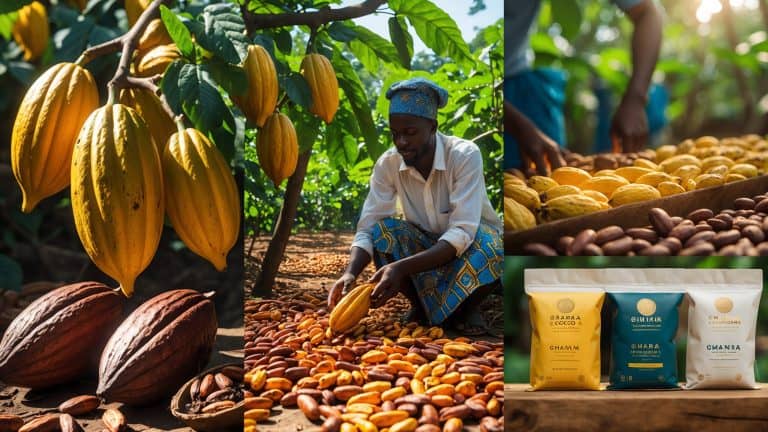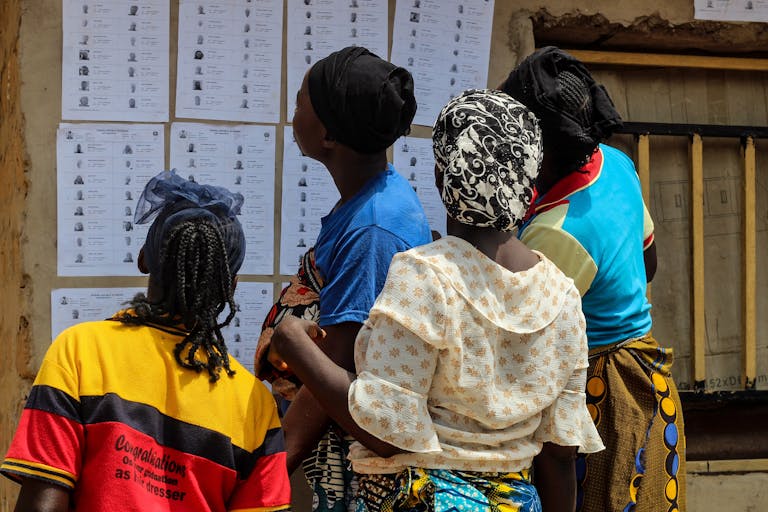This is a premium article written by one of our experts.
Check out

Househelp Salary Benchmarks in Ghana 2025: Regional Insights & Compensation Structures
This is a premium article written by one of our experts. Upgrade to Navigator or Pathfinder read the full article

Survival Guide for Dollar Earners Living in Cedi World
If you’re earning in USD while living in Ghana, you’re riding an economic rollercoaster whether you realize it or not. The GHS/USD exchange rate isn’t just a number on your banking app—it’s quietly orchestrating your financial reality. When the cedi weakens, your dollars transform into local superpowers. But when it strengthens, it can feel like an economic ambush that leaves you scrambling to adjust.

Ghana Cocoa Exports: A Strategic Guide for Diaspora Entrepreneurs
This guide highlights key steps to entering Ghana’s cocoa industry. It covers topics like COCOBOD’s regulatory framework and identifying market opportunities. Entrepreneurs will find practical tools and insights to succeed in this vibrant and evolving sector. Given the rising potential for diaspora investment in Ghana’s cocoa industry, understanding these areas is essential. This is crucial for anyone looking to contribute.

Easing School Transitions for Kids in Ghana: A Guide for Expats
Ghana’s education system blends academic rigor with rich cultural values, presenting children with a unique chance to grow holistically. However, differences in teaching styles, social norms, and school routines may present initial hurdles. This guide empowers families to overcome these challenges by understanding local education dynamics, preparing culturally, and nurturing their children’s confidence as they step into this new chapter.

Unlocking Wealth: How Africa’s Data Can Elevate You in the AI Economy
Africa’s data is more than numbers—it’s the continent’s new gold. While global tech hubs like Silicon Valley compete to create cutting-edge AI models, Africa’s diverse, untapped datasets hold the potential to unlock trillion-dollar innovations. However, the critical question persists: Who owns and benefits from this immense wealth?

Economics for Diasporans: Achieving Financial Sustainability in Ghana
This is a premium article written by one of our experts. Upgrade to Navigator or Pathfinder read the full article